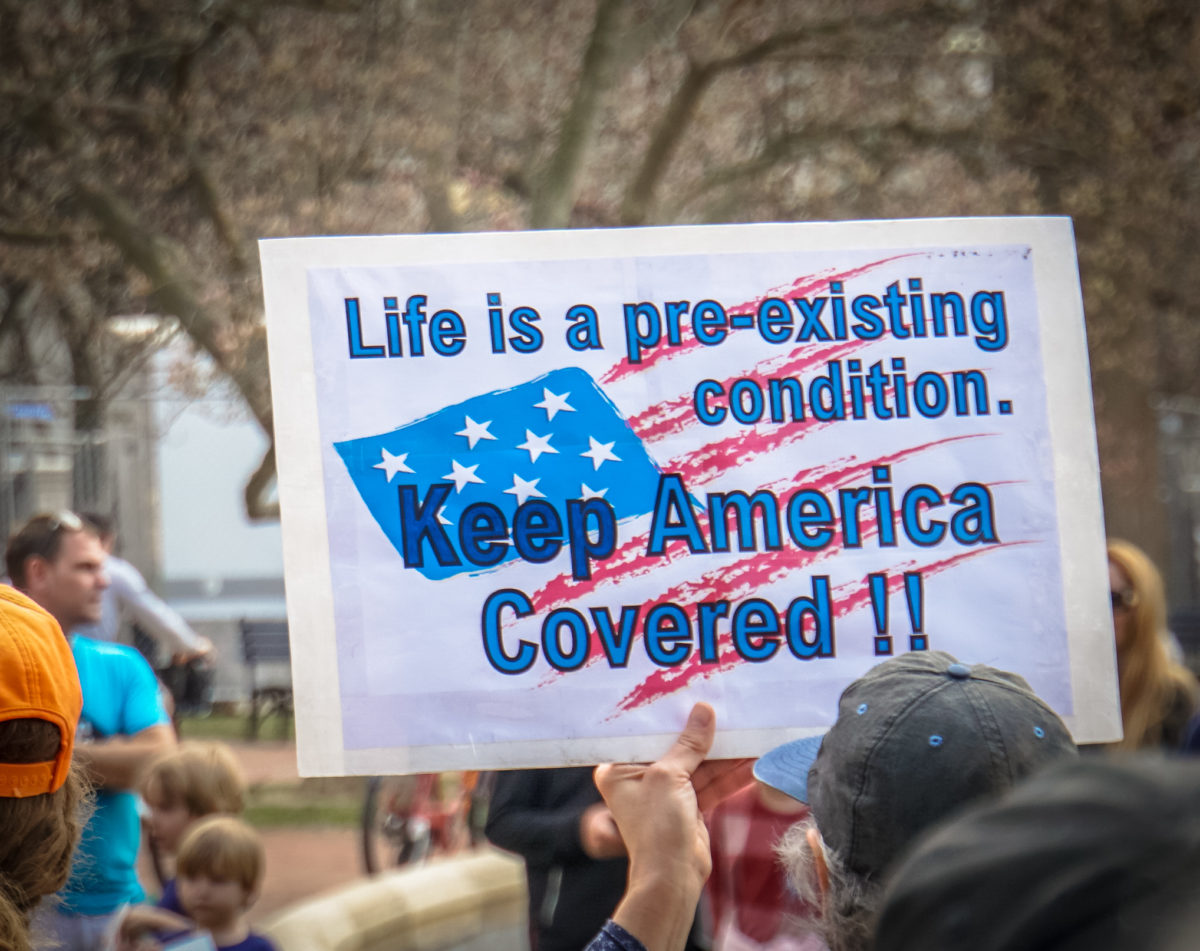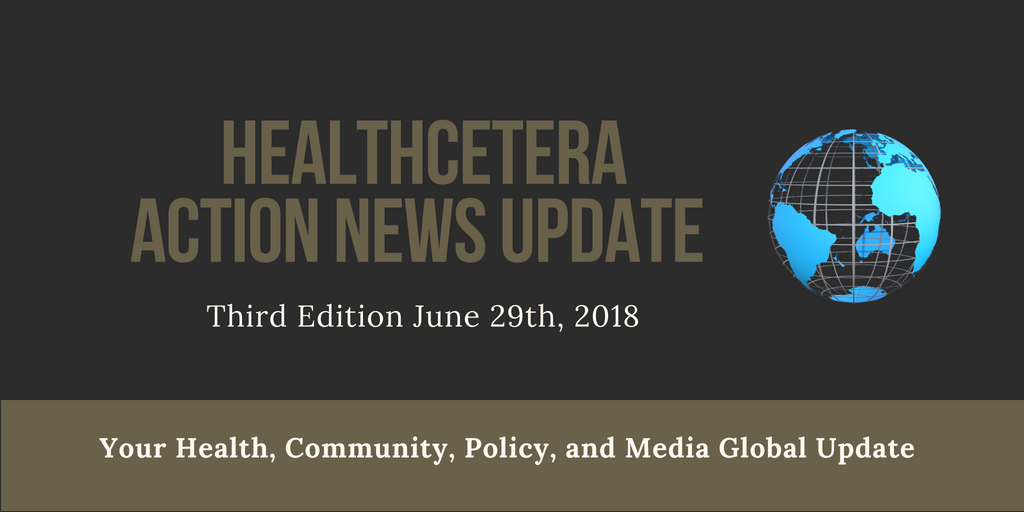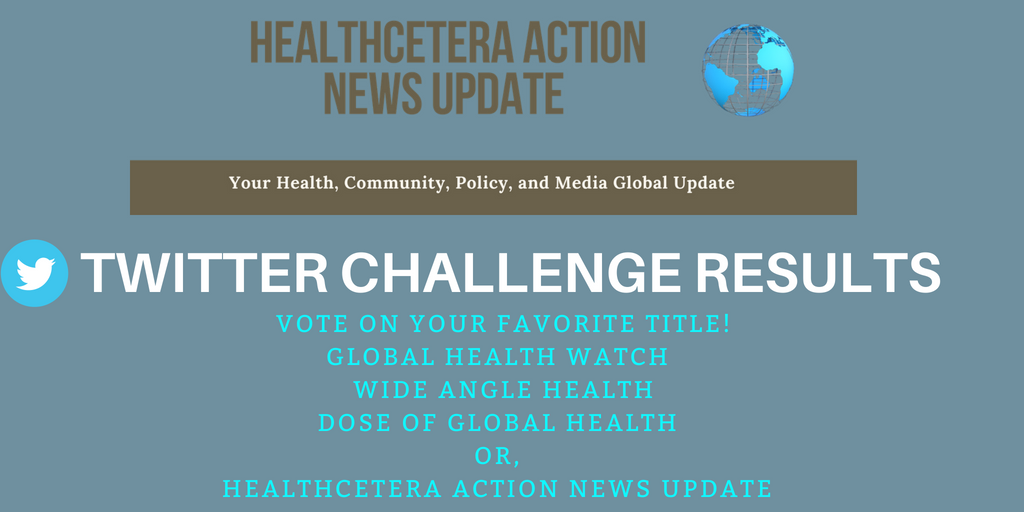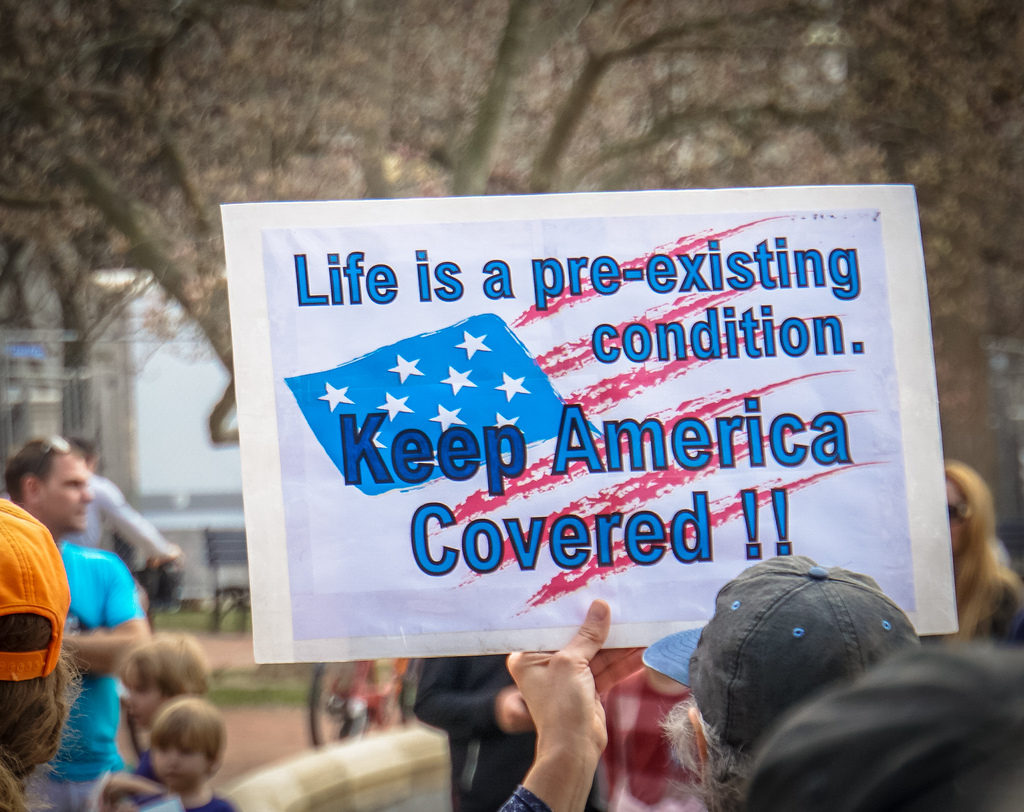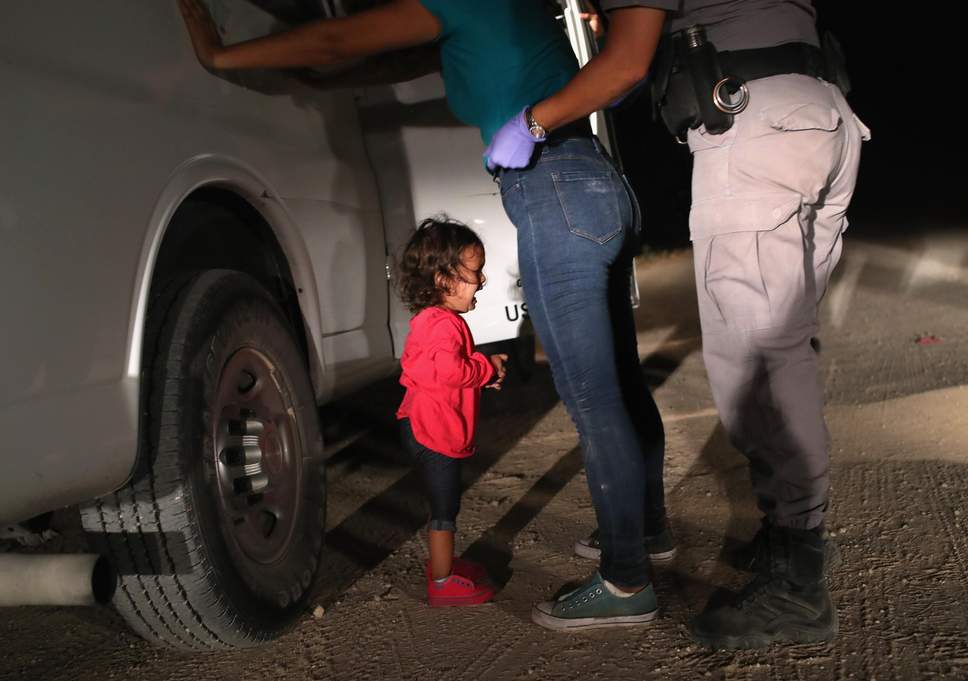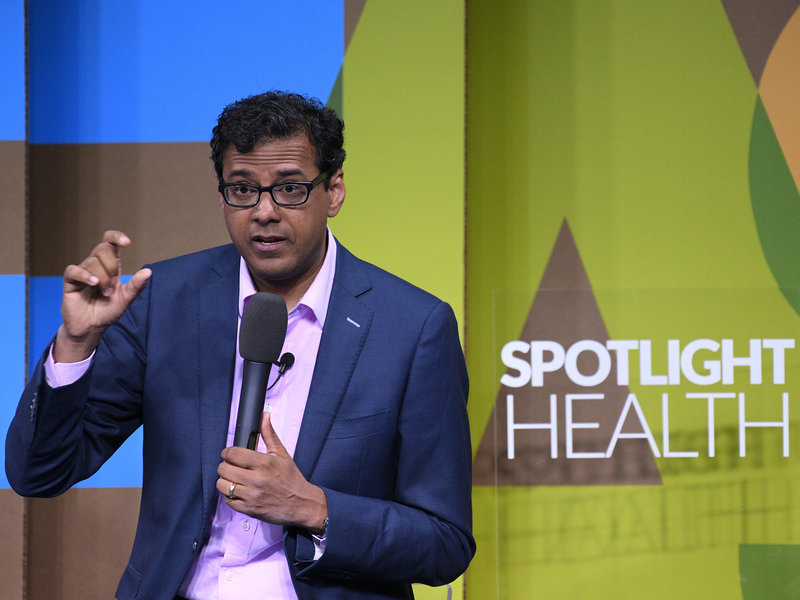Children of the opioid epidemic
This is a guest post by Ms. Brett Thompson-May, General Counsel at Mississippi Board of Nursing. Ms. Thompson-May is currently enrolled in George Washington University’s Health Policy and Media Engagement Certificate program.
~There can be no keener revelation of a society’s soul than the way in which it treats its children.~
Nelson Mandela
Children have become the biggest losers to the opioid crisis impacting our nation as foster care entries have spiked 32% due to drug related causes. With ninety-one Americans dying daily of opioid abuse, the effect upon foster care services has become overwhelming. The opioid epidemic does not discriminate, and the children of many parents who have abused drugs are taken from their families, forced to cope in new environments and who, by no fault of their own, become the real victims.
The epidemic has extended to pregnant women who give birth to infants diagnosed with the condition of neonatal abstinence syndrome (“NAS”). The syndrome arises when mothers who used opioids or other drugs go through agonizing withdrawal symptoms. NAS symptoms include high pitched cries, tremors and difficulty sleeping. Babies with NAS are usually born prematurely, underweight and at high risk for exposure to Hepatitis and HIV due to their mother’s drug abuse.
Fraternal twins Mary and Evan were born in a Mississippi hospital January 2016. Their biological parents were addicted to opioids, and the children, who were born premature, were also addicted. Mary and Evan were born with significant levels of opioids in their systems, and medical personnel immediately injected each one with a shot of Methadone to begin the purging process of drugs in their systems. Three days after their birth, child protection services placed the care and custody of Mary and Evan with their elderly maternal grandparents. The biological parents’ rights were temporarily suspended, and they were both placed in treatment and rehabilitative programs to reunite with their children. The plan ultimately failed as the parents could not overcome their addictions.
Babies like Mary and Evan are not exceptions as there are more infants born with drugs in their systems and who, like Mary and Evan will end up in the foster care system. Because of the opioid crisis, an increasing number of children removed from mothers with opioid addictions are being placed in foster care thus lowering the average age of children who enter into the system by as much as three years.
Mary and Evan had an option for custody and care in their aging grandparents. Steve and Edith were in their 70’s, had been retired for several years and were looking forward to a slower and easier time of life when the twins were placed in their home, turning their lives upside down. The couple had already raised three children and were now faced with being new parents —again.
Raising twin babies who also suffered from opioid withdrawal proved to be a challenge. Edith and Steve lost many a night’s sleep while taking turns rocking the children to comfort them, as they suffered from constant tremors. Weekly trips to the doctor to receive more methadone injections became routine while financial resources to provide for food, shelter and clothing were depleted. Steve went back to work in order to pay increased expenses and sold their retirement home to buy a more suitable home for the children. While child protection services provided some financial help, those funds were not adequate to offset the increased financial responsibilities.
At the federal level, the Department of Health and Human Services (DHHS) documented the correlation between increasing foster care entries and drug abuse, as well as overdoses. DHHS found a 10% rate of increase in overdose deaths that directly corresponded to the 4.4% rate of increase in foster care entries. In 2016, 92,000 children entered foster care due to substance abuse by at least one parent. Thus, the need for supportive services to address co-occurring problems of both parent’s recovery and child safety are imperative to help combat the problems the opioid crisis has created.
Funding for child and family services has been eliminated or severely limited at both the national and state levels. The 2018 federal budget proposes substantial cuts to groups such as Administration for Children and Families, the Substance Abuse and Mental Health Services Administration, and the Temporary Assistance for Needy Families program. Efforts to repeal and replace the Affordable Care Act have also included initiatives to cut Medicaid funding even though Medicaid is the largest payer for addiction and family services. While current administration stands behind the Family First Prevention Services Act, this Act makes families choose who should receive Title IV monies—the addicted parents or children who need foster care services.
In Steve and Edith’s situation, they didn’t receive a dime initially because the parents benefited from Family First monies to help with treatment and rehabilitation. Only when the parents failed with their plan could Steve and Edith become eligible to receive meager financial assistance.
Fighting the opioid problem has taken its financial and emotional toll on Steve and Edith as well upon states and community resources and families. Thankfully, 24 Senators in Washington led by Chuck Grassley (R- Iowa) and Dianne Feinstein (D- Calif.) are requesting funding specifically for the needs of children in foster care systems. These funds would be directed toward community programs, counseling and treatment, mental and behavioral health services and care coordination/ reunification services. Grassley and Feinstein have made public the statement that “investing in prevention, as well as treatment, will help reduce the number of children and families impacted by this epidemic.”
In Mississippi, the opioid crisis has caused the number of children in foster care to increase, prompting the hiring of an estimated 150 more social workers to handle the influx of children. Former Mississippi Supreme Court Justice Jess Dickinson now serving as Commissioner of Mississippi’s Department of Youth Protection Services is pleading with state leadership for more prevention services and community partnerships to help Mississippi recover from the opioid crisis and devastation upon children families.
Mississippi ranks last in overall childhood welfare and has increased its foster care entries by 30%. More awareness, more funding and more involvement in saving our children is paramount to fighting the opioid crisis that has plagued our nation, our state and our neighborhoods. Little Mary and Evan may have had a chance to thrive thanks to their grandparents and a pro bono Mississippi attorney who helped Steve and Edith eventually adopt Mary and Evan. So many more children in our state and nation are in need. Those who are interested can contact their U.S. Senators
This is a guest post by Ms.




